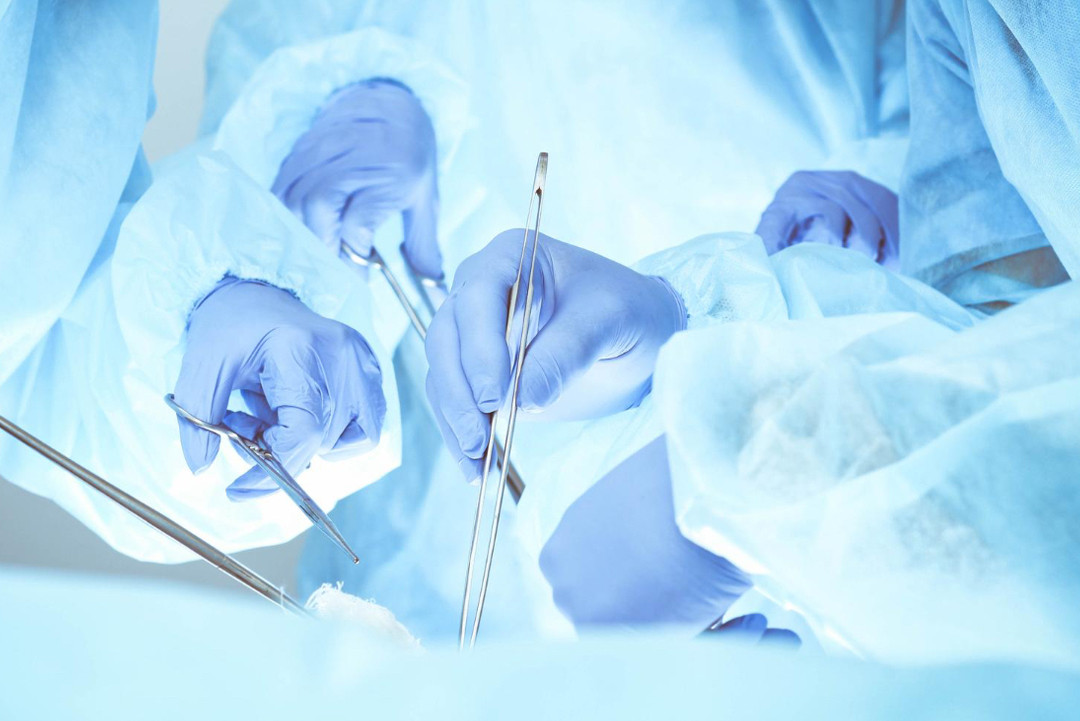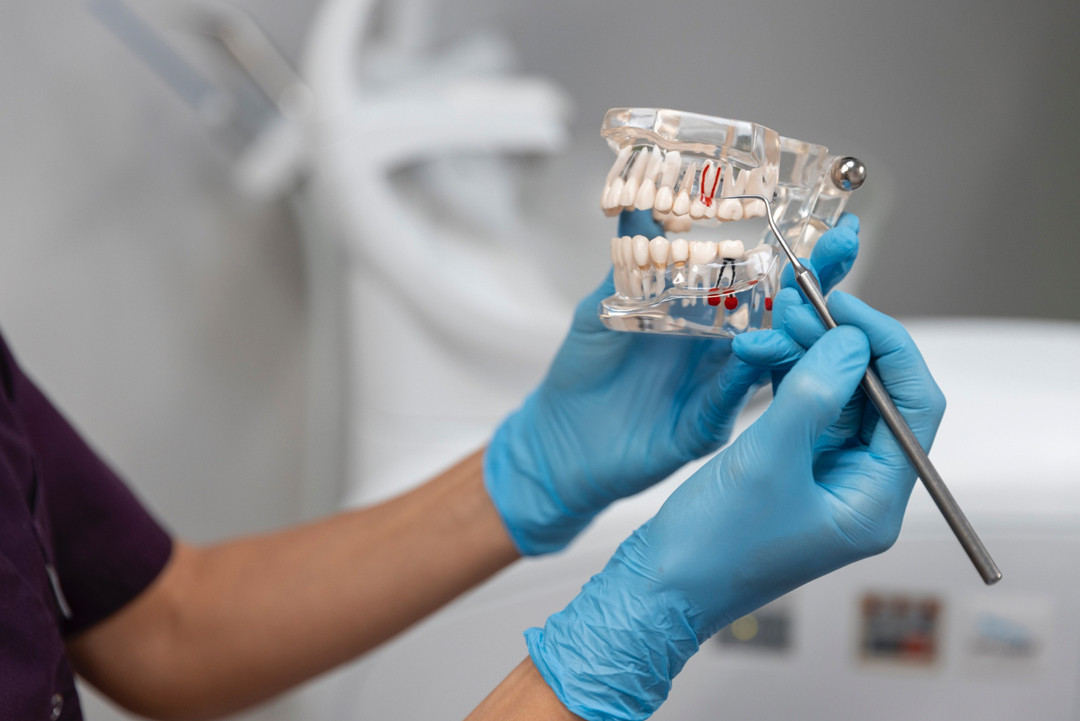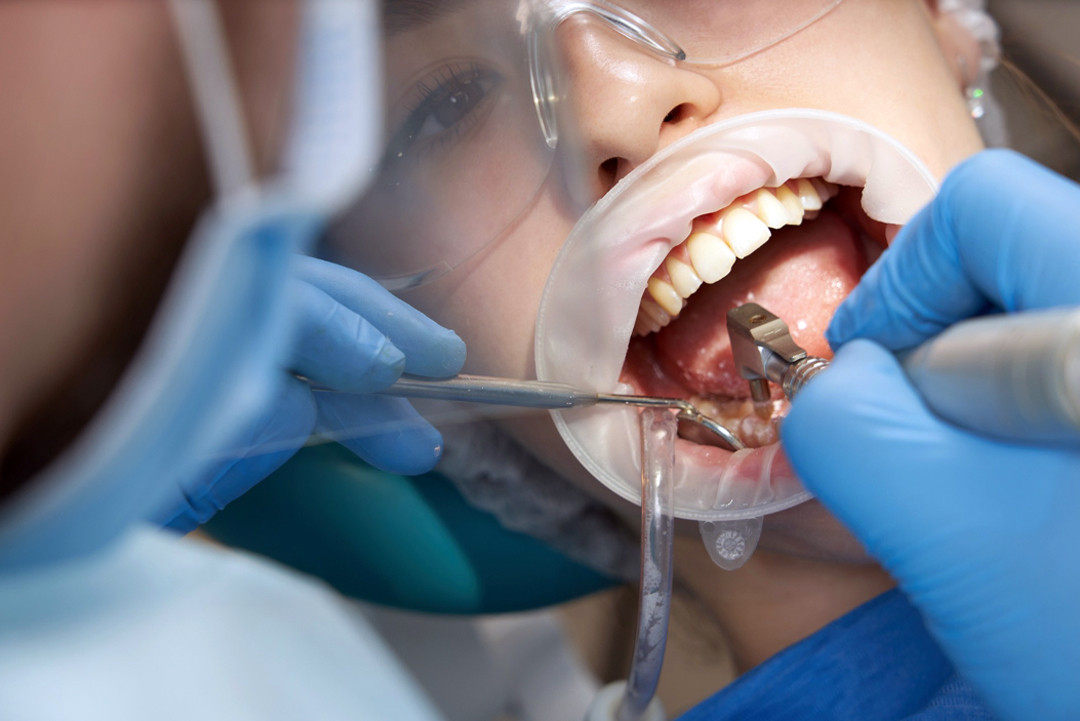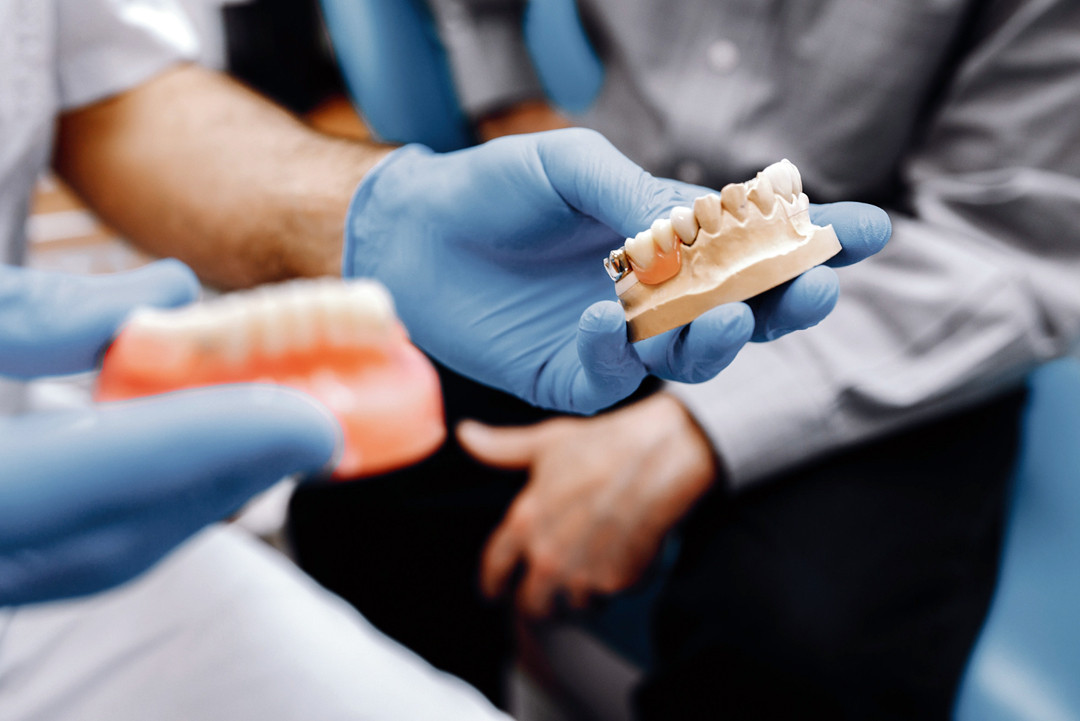What Is General Surgery?
General surgery encompasses a broad range of surgical procedures and focuses on diagnosing, treating, and managing conditions affecting the abdomen, endocrine system, colon, liver, pancreas, rectum, and soft tissues. Specialists in this field are trained in a diverse range of procedures, making it one of the most demanding medical specialties.
General surgeons undergo 6 years of medical training followed by 5 years of surgical specialization, gaining expertise through extensive practical experience and rigorous training.
What Do General Surgeons Do?
General surgeons play a critical role in managing a variety of health conditions by:
- Diagnosing Conditions: Reviewing medical history, conducting physical examinations, and ordering diagnostic tests.
- Planning Treatment: Recommending surgical or non-surgical solutions based on the patient’s condition.
- Performing Surgeries: Using open or minimally invasive techniques to treat various health issues.
- Post-Operative Care: Monitoring recovery and addressing complications.
Conditions Treated by General Surgeons
Digestive System Diseases
- Gallbladder Disease: Removal of gallstones causing abdominal pain, nausea, and vomiting.
- Colon Cancer: Surgical removal of cancerous tissues in the large intestine.
- Hemorrhoids: Treatment of swollen veins in the rectum and anus.
- Liver Abscess and Cancer: Surgical intervention for infections and abnormal growths.
- Fistulas and Fissures: Repair of abnormal passages and tears in tissues.
Hernias
Protrusions of organs through weak abdominal walls, often requiring surgical repair.
Appendicitis
Emergency removal of the inflamed appendix to prevent life-threatening complications.
Breast Conditions
- Breast Cancer: Surgical treatment includes lumpectomy or mastectomy.
- Benign Tumors: Removal of non-cancerous growths in the breast and lymph nodes.
Soft Tissue Conditions
Removal of sarcomas and other soft tissue tumors.
Endocrine Disorders
- Thyroid and Parathyroid Issues: Surgical management of hyperthyroidism, hypothyroidism, and parathyroid dysfunction.
- Adrenal Tumors: Removal of abnormal growths affecting stress hormones.
Diagnostic Methods in General Surgery
- Endoscopic Retrograde Cholangiopancreatography (ERCP): Examines the liver, pancreas, and bile ducts.
- Endoscopy: Inspects the stomach and intestines with a camera-equipped tube.
- Colonoscopy: Visualizes the colon and rectum for abnormalities.
- Ultrasonography: Uses sound waves to create images of internal organs.
- CT Scan & MRI: Advanced imaging techniques to diagnose and plan surgeries.
- Biopsy: Tissue sampling for accurate disease diagnosis.
- Exploratory Surgery: Direct observation of internal structures when other methods are inconclusive.
Common General Surgery Procedures
Open Surgeries
- Appendectomy: Removal of the appendix.
- Cholecystectomy: Gallbladder removal for gallstones or cancer.
- Hemorrhoidectomy: Surgical removal of hemorrhoids.
- Mastectomy: Treatment of breast cancer.
Minimally Invasive Surgeries
- Laparoscopic Surgery: Uses small incisions and a camera-equipped tool for precision.
- Endoscopy and Colonoscopy: Non-invasive diagnostic and therapeutic procedures.
- Cystoscopy: Examines the bladder and urinary tract.
- Arthroscopy: Inspects and repairs joint issues.
Treatment Approaches in General Surgery
- Medication Management: Non-surgical options for less severe conditions.
- Open Surgeries: Used for complex or emergency conditions.
- Minimally Invasive Techniques: Preferred for faster recovery and reduced complications.
Benefits of General Surgery
- Relief from chronic pain and discomfort.
- Improved quality of life and organ functionality.
- Prevention of disease progression and complications.
- Effective management of life-threatening conditions.
Preparation for Surgery
- Follow the surgeon’s guidelines regarding fasting, medications, and lifestyle adjustments.
- Undergo necessary diagnostic tests to ensure readiness for surgery.
- Quit smoking and alcohol consumption to enhance recovery.
- Adopt a healthier diet and exercise regimen pre-surgery.
General surgery offers comprehensive solutions for a wide range of medical conditions, ensuring patients receive the best care for improved health and well-being.


















